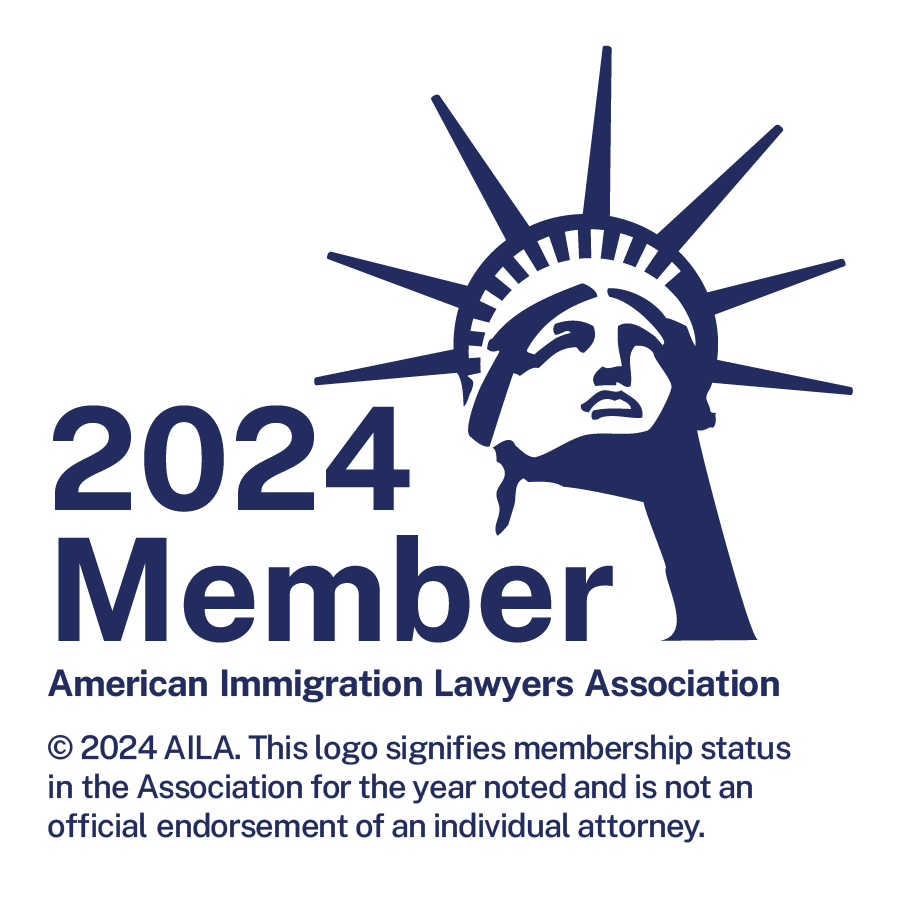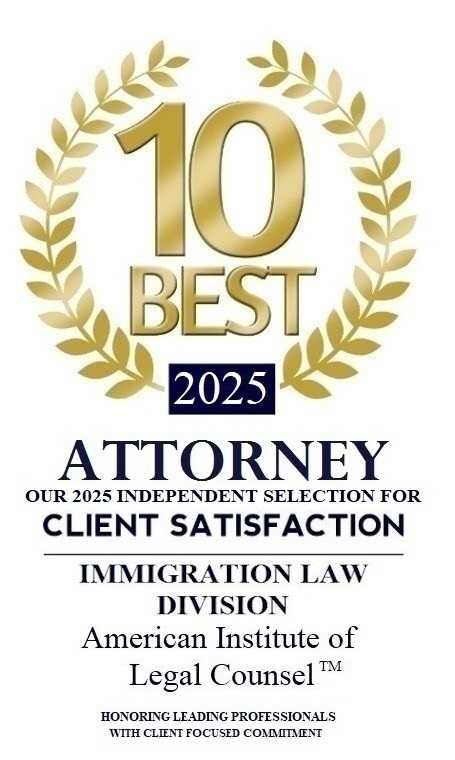By Juan Castro
•
January 2, 2026
DHS and the U.S. Department of Labor announced on December 31, 2025 that they plan to release 35,000 supplemental H-2B visas for Fiscal Year 2026, in addition to the standard 66,000 H-2B visas available each year. This is encouraging news for employers who rely on seasonal or temporary labor to keep operations moving—especially in industries the agencies described as critical infrastructure sectors, including seafood processing, forestry, hospitality and tourism, transportation, and manufacturing. What we know so far According to the agencies, the FY 2026 supplemental release will be smaller than recent years—they described it as nearly a 50% reduction compared to FY 2023–FY 2025 supplemental levels. Even with a smaller supplemental release, 35,000 additional visas can make a meaningful difference for employers who missed the cap or whose seasonal demand outpaced staffing. The key detail: the rule is still coming DHS and DOL stated they expect to publish a Temporary Final Rule in the Federal Register in the coming weeks. That rule will outline the eligibility requirements and filing instructions for accessing these supplemental visas. Until the rule is published, employers should assume specific criteria may apply (such as worker history, timing windows, or set-asides) and plan accordingly. What employers should do right now If you anticipate needing H-2B workers for FY 2026, this is the time to prepare so you can move quickly when the Temporary Final Rule drops: Confirm the job is truly “temporary” under H-2B standards (seasonal/peakload/intermittent/one-time occurrence). Start forecasting your staffing needs and dates of need (timing matters with the cap and any supplemental filing window). Prepare for recruitment and compliance —including wage requirements, the three-fourths guarantee, and other H-2B employer obligations. Gather your documents early so you’re not building the plane while flying it once the rule is published. We can help you position your case for the best chance at approval Castro Law PLLC assists employers with the full H-2B process—from strategy and timing, to prevailing wage, recruitment, ETA filing, and petition coordination—so you can staff responsibly and stay compliant. If you want to be ready the moment the supplemental rule is released, contact us now to plan your FY 2026 H-2B strategy. The official release is below: The Departments of Labor (DOL) and Homeland Security (DHS) are announcing that they will make an additional 35,000 H-2B temporary nonagricultural worker visas available for Fiscal Year (FY) 2026, on top of the congressionally mandated 66,000 H-2B visas that are available each fiscal year. The Departments will focus these additional H-2B visas, nearly a 50 percent reduction in the total supplemental visas released as compared to FY 2023-2025, to support American businesses with seasonal or temporary workforce needs in critical infrastructure sectors of the U. S. economy, such as seafood, forestry, hospitality and tourism, transportation, and manufacturing. The Departments expect to release these additional H-2B visas, including any eligibility criteria and filing requirements, in the coming weeks through a temporary final rule published in the Federal Register. The Departments have agreed to release additional H-2B visas for FY 2026 under the time-limited authority enacted by Congress for FY 2026. https://flag.dol.gov/announcement/2025-12-31 This post is for general information only and is not legal advice. Eligibility and filing requirements for the FY 2026 supplemental allocation will be defined by DHS/DOL in a forthcoming Temporary Final Rule.














